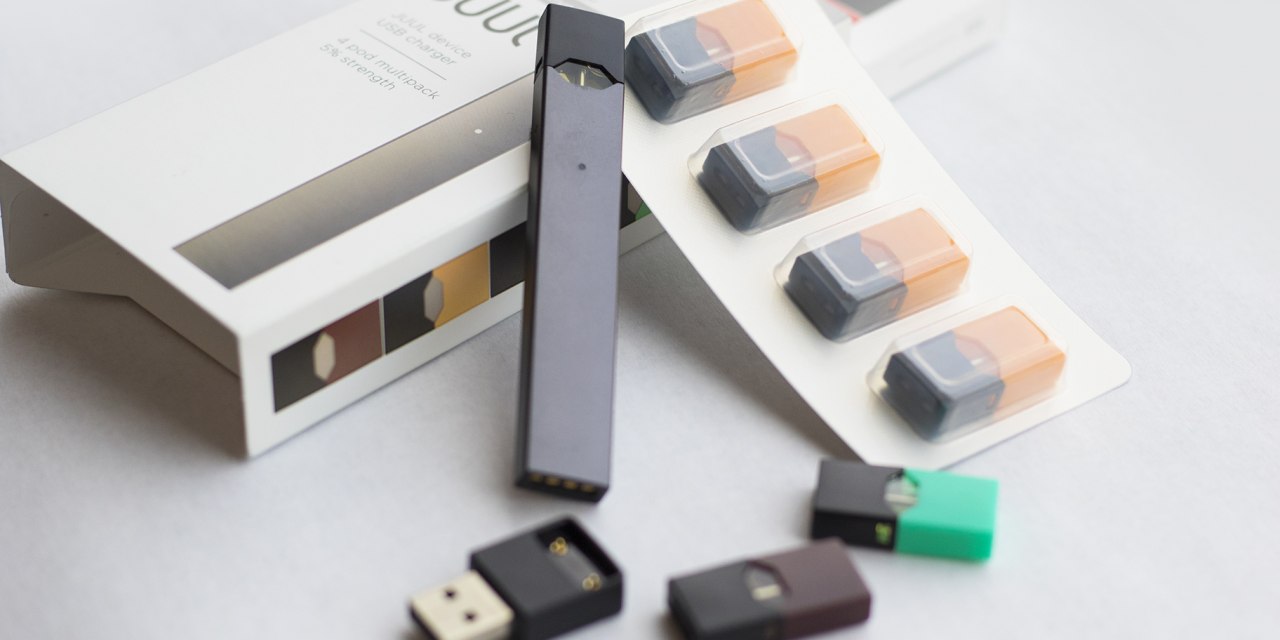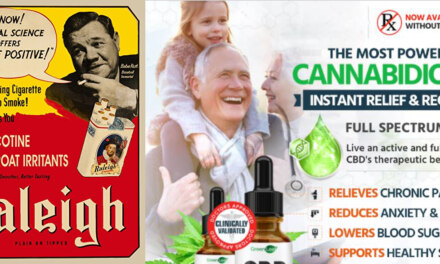Update: Juul, once commercial vaping’s biggest success story, has just announced settlements covering some 5000 lawsuits and 10,000 plaintiffs. From CNN:
Juul Labs settles litigation in the United States
Took’em long enough. Most of the complaints stemmed from Juul’s practice of aggressively marketing to younger users, including the underaged. That turned out to be enormously profitable.
Problem: It was also illegal.
They had to be aware of that, didn’t they? Hard to imagine they missed it. “Maybe they were too busy counting money to pay attention,” suggested a critic.
Some years ago, I ran into a CEO whose favorite saying was that in business, it’s better to ask for forgiveness than permission. I thought that sounded weird at the time, since I could think of literally hundreds of situations where it wouldn’t be.
He might simply have misquoted a remark by Rear Admiral Grace Hopper, a celebrated scientist from the early days of computing.
What she had actually said was that it was easier to ask forgiveness than it was to obtain permission. Now that makes sense, especially if you’re dealing with a bureaucracy where it seems as if everyone is authorized to say “no” to your request, but hardly anyone can give you a firm “yes”. In those circumstances, it’ll seem like far less hassle to just go ahead and do whatever, and hope for the best.
Sometimes that works out. Other times, it doesn’t. The Juul Labs case strikes me as one of the latter. I’m sure the gigantic megacorporation with the biggest ownership share of Juul would agree. That’s Altria, makers of Marlboro cigarettes.
According to CNN, more than two million US teenagers used e-cigarettes last year. Worst yet, twenty-five percent reported daily vaping. So i guess it’s a good thing the FDA roused itself to ban sales and marketing of Juul products. A judge then put a hold on the ban, so it hasn’t yet taken effect. The delay may only be temporary.
That settlement could even mean the difference between life and death for Juul.
Apparently there are still more than 30 million adult vapers in the US — when did that happen? — so the company claims. A big chunk of those have to be seriously dependent on it. Some will have been cigarette smokers who switched to Juul and other products. While others, especially those young users, were introduced to nicotine addiction via Juul’s sleek little ‘slate and blue’ devices.
When and if they eventually decide to quit vaping, they could find it unexpectedly difficult. Addiction has a way of sneaking up on people.













